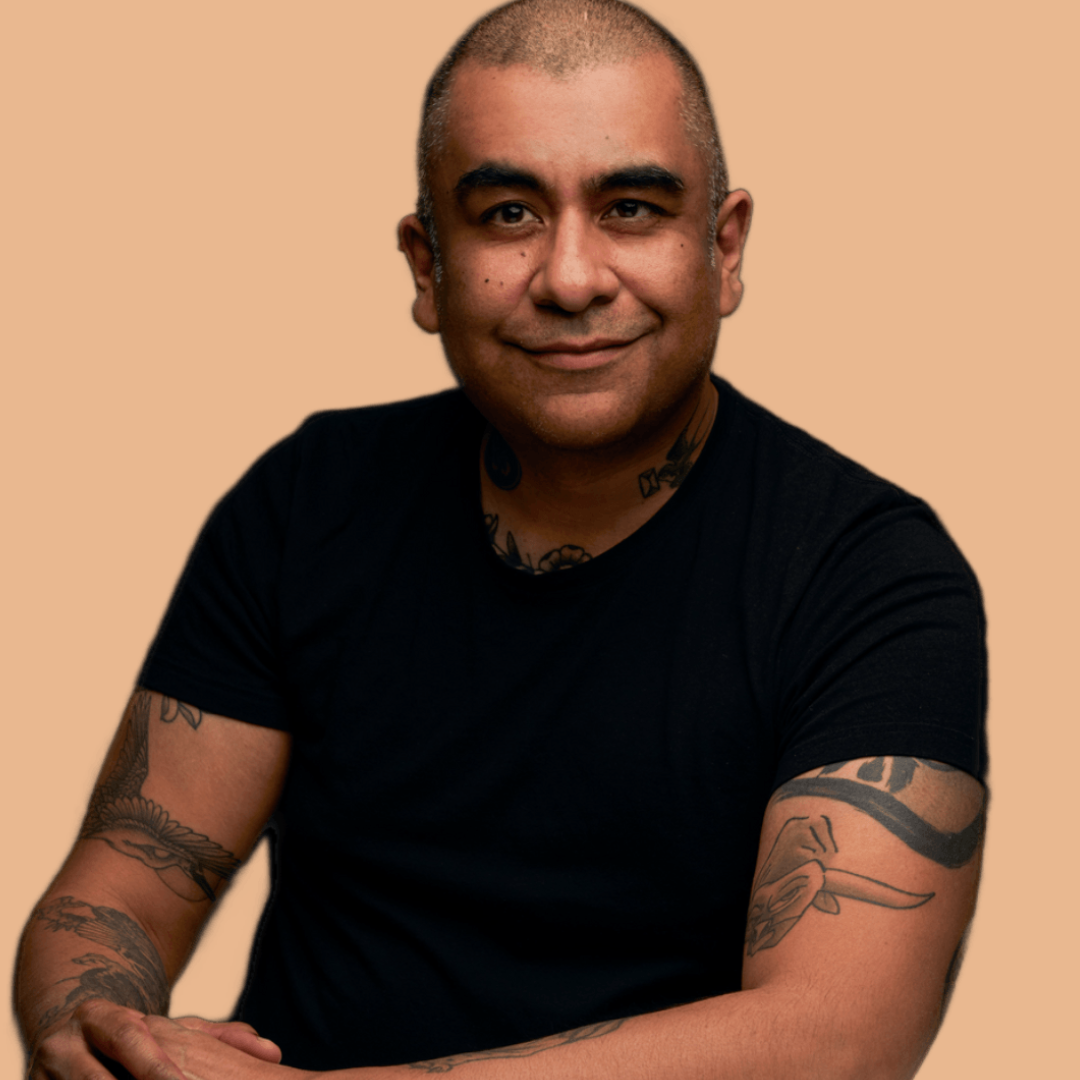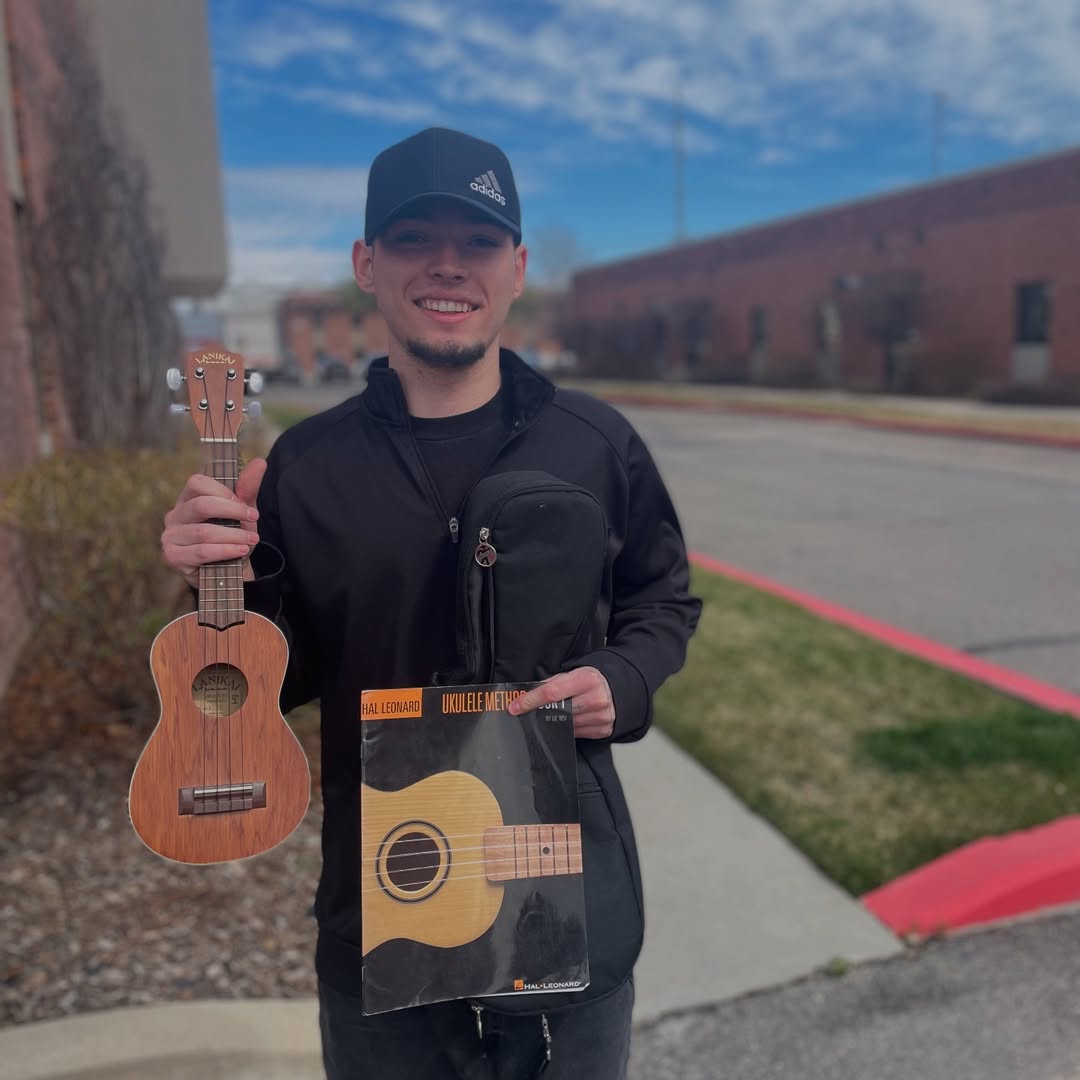Recovery is often about discovery—finding new passions, talents, and parts of yourself that may have been dormant or unexplored. For Kayden Barling, this discovery came in the form of music, a creative outlet he encountered during treatment that has now become an integral part of his recovery journey.
A Serendipitous Introduction to Music
When Kayden first entered treatment, he likely had no idea that music would become such a powerful tool in his recovery arsenal. Through the Fit to Recover creative arts program, he was introduced to a variety of instruments—drums, guitar, bass, and keyboards. What started as a simple introduction to musical expression quickly blossomed into something much more meaningful.
Many individuals in recovery find that creative pursuits offer a unique combination of focus, expression, and joy that can be transformative. For Kayden, the experience of creating music resonated on a level that surprised even him.
"Music therapy and creative expression can unlock emotions and provide healthy coping mechanisms that traditional talk therapy alone sometimes cannot access. When someone like Kayden discovers music during recovery, they're not just learning an instrument—they're discovering a new language for processing their experiences."
The Therapeutic Power of Musical Expression
After completing treatment, Kayden took a significant step in his recovery journey—he reached out to Rhythm in Recovery with a clear understanding of how music had positively affected his mental health. This self-awareness is remarkable and speaks to the profound impact that musical expression had on his wellbeing.
How Music Supports Mental Health in Recovery:
Emotional regulation: Playing music provides healthy outlets for processing complex emotions
Mindfulness: Musical practice encourages presence and focus, reducing rumination
Achievement: Learning new skills builds confidence and self-efficacy
Structure: Regular practice creates healthy routines and discipline
Social connection: Music can be both a personal practice and a community-building activity
Identity formation: Developing musical skills contributes to a positive post-treatment identity
When Kayden expressed his desire to continue playing music after treatment, it represented more than just a new hobby—it signified his commitment to maintaining the positive mental health practices he developed during recovery.
Finding the Right Instrument: A Personal Journey
With Kayden's newfound passion for music established, the next step was finding the right instrument to support his musical development. Though he had experimented with drums, guitar, bass, and keyboards during treatment, we wanted to provide him with an instrument that would be accessible, portable, and engaging as he began his independent musical journey.
After careful consideration, we decided on a ukulele as the perfect starting point. The ukulele offers several advantages for someone beginning their musical journey outside of a structured program:
Accessibility
With just four strings and a smaller size, the ukulele has a gentler learning curve than many other instruments, allowing for early success and confidence-building.
Portability
Unlike drums or keyboards, a ukulele can go anywhere, making it easier to incorporate music into daily life and different environments.
Transferable Skills
Many of the skills learned on ukulele transfer to guitar, making it an excellent gateway instrument if Kayden decides to expand his musical repertoire.
Immediate Gratification
Simple songs can be learned quickly on ukulele, providing the positive reinforcement that's so important for establishing new habits.
This ukulele represents just the beginning of Kayden's musical journey. As he develops his skills and continues to explore how music supports his mental health, other instruments like guitar or drums may be in his future. The key is that he now has a tangible way to continue the positive musical practices he discovered during treatment.
At Rhythm in Recovery, we believe that the specific instrument is less important than the act of musical expression itself. Whether it's strumming a ukulele, beating drums, or playing keyboard, what matters most is that individuals in recovery find their unique musical voice and the healing that comes with it.
The Continuing Symphony of Recovery
Kayden's story perfectly illustrates the mission of Rhythm in Recovery—to support individuals in their recovery journey by providing access to musical instruments and opportunities for creative expression. His experience demonstrates how a simple introduction to music during treatment can blossom into a meaningful, ongoing practice that supports mental health and recovery.
As Kayden begins exploring his new ukulele, he's not just learning chords and melodies—he's building resilience, creating structure, processing emotions, and developing a positive aspect of his identity that exists completely separate from his previous challenges. Each practice session strengthens neural pathways that support his recovery and wellbeing.
We couldn't be prouder of Kayden's commitment to his recovery and his willingness to embrace music as part of his journey. Rock on, Kayden—we can't wait to see where your musical path leads!
Support Musical Journeys in Recovery
Rhythm in Recovery provides musical instruments to individuals in recovery from mental health and substance abuse issues. If you or someone you know could benefit from our program, please reach out.
We also welcome donations of instruments and financial support to help us continue our mission. Every contribution helps create more success stories like Kayden's.
Together, we can ensure that everyone in recovery has the opportunity to discover the healing power of music.


